Growth in Emerging Markets
Emerging markets are becoming increasingly vital to the Chemical Industry Market, driven by rapid industrialization and urbanization. Countries in Asia, Africa, and Latin America are witnessing a surge in demand for chemicals across various sectors, including construction, agriculture, and consumer goods. This growth is fueled by rising disposable incomes and a burgeoning middle class, which are driving consumption patterns. Recent projections indicate that the chemical market in these regions could expand at a rate of 6% annually over the next decade. As companies seek to capitalize on these opportunities, the Chemical Industry Market is likely to see increased investment and expansion efforts in emerging economies.
Advancements in Green Chemistry
The Chemical Industry Market is witnessing a significant shift towards green chemistry, which emphasizes the design of chemical products and processes that minimize the use and generation of hazardous substances. This movement is largely influenced by regulatory pressures and consumer demand for environmentally friendly products. The adoption of green chemistry practices is expected to reduce production costs and improve sustainability metrics for chemical manufacturers. Recent estimates suggest that the market for green chemicals could reach USD 100 billion by 2027, reflecting a growing commitment to sustainable practices within the Chemical Industry Market. Companies that invest in green chemistry initiatives may gain a competitive edge by appealing to eco-conscious consumers and meeting regulatory standards.
Rising Demand for Specialty Chemicals
The Chemical Industry Market is currently experiencing a notable increase in demand for specialty chemicals, which are tailored for specific applications across various sectors. This trend is driven by the growing need for advanced materials in industries such as automotive, electronics, and pharmaceuticals. According to recent data, the specialty chemicals segment is projected to grow at a compound annual growth rate of approximately 5.5% over the next five years. This growth is attributed to the increasing focus on high-performance products that enhance efficiency and sustainability. As industries seek to innovate and improve their offerings, the Chemical Industry Market is likely to see a shift towards more specialized chemical solutions that meet stringent regulatory requirements and consumer expectations.
Increasing Regulatory Compliance Requirements
The Chemical Industry Market is currently navigating a landscape characterized by stringent regulatory compliance requirements. Governments worldwide are implementing more rigorous standards to ensure safety, health, and environmental protection. This trend is particularly evident in the areas of chemical safety assessments and emissions regulations. Companies operating within the Chemical Industry Market must invest in compliance strategies to avoid penalties and maintain their market positions. The financial implications of non-compliance can be substantial, potentially reaching millions in fines. As regulations continue to evolve, the ability to adapt and comply will be crucial for companies aiming to thrive in the Chemical Industry Market.
Technological Innovations in Production Processes
Technological advancements are reshaping the Chemical Industry Market, particularly in production processes. Innovations such as automation, artificial intelligence, and process optimization are enhancing efficiency and reducing operational costs. For instance, the implementation of AI-driven analytics is enabling manufacturers to predict equipment failures and optimize supply chains, thereby minimizing downtime. Furthermore, the integration of Industry 4.0 technologies is facilitating real-time monitoring and control of chemical processes, leading to improved product quality and consistency. As these technologies continue to evolve, they are likely to drive significant changes in the Chemical Industry Market, fostering a more agile and responsive manufacturing environment.


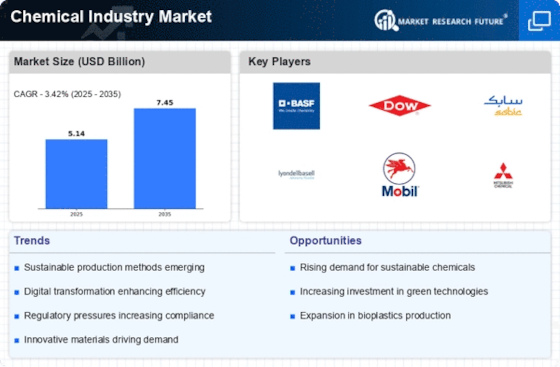
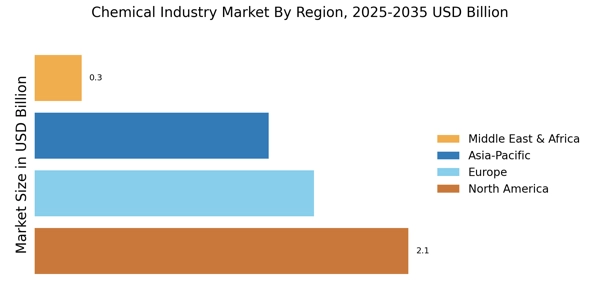

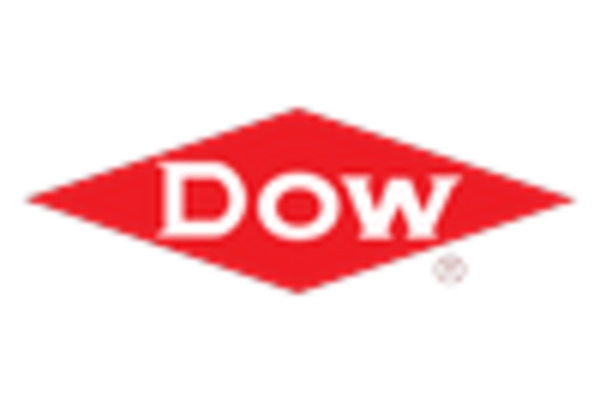

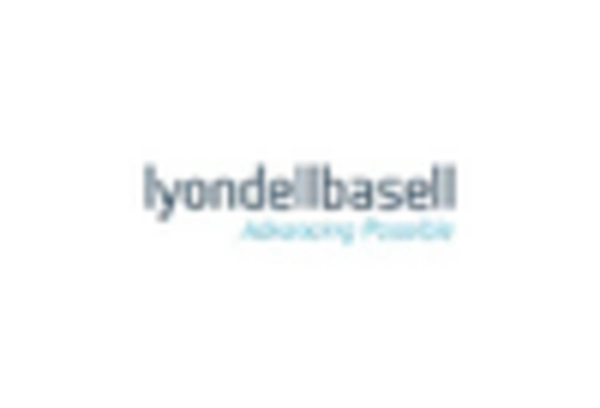
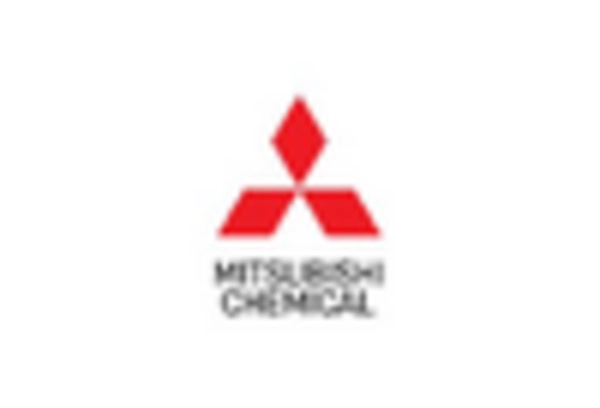









Leave a Comment